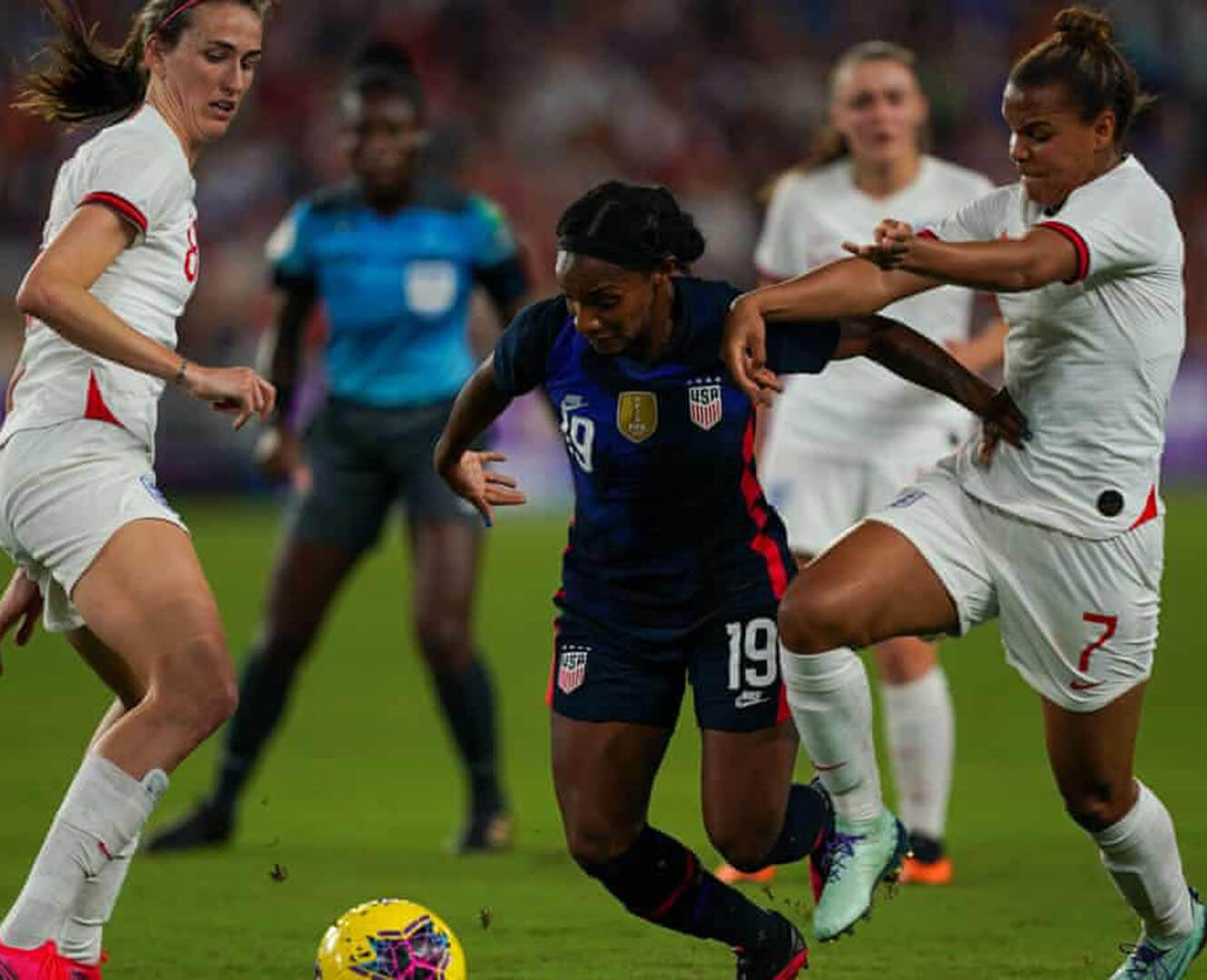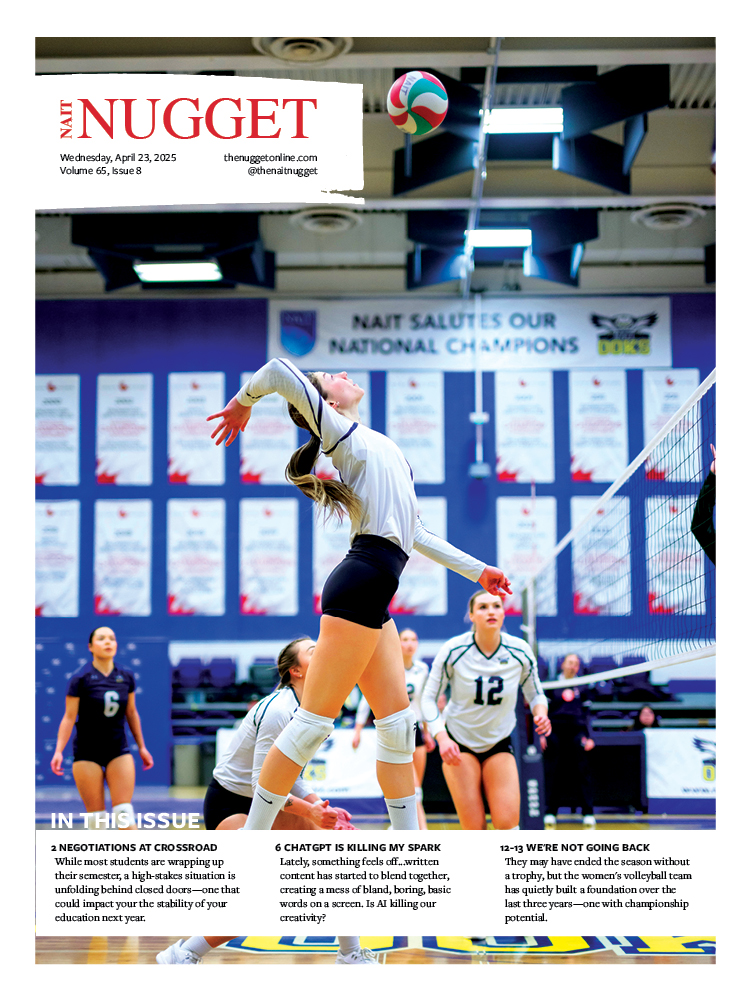By Orrin Farries
A period of downtime for sports following the declaration of COVID-19 as a worldwide pandemic opened the door for the next renaissance of the sporting world.
Sports have always existed as not only a pleasant pastime to let off extra steam and settle petty regional disputes, but also as a platform to reverberate virtuosity and to exemplify the goodness capable when people work together. In 2020, sports have taken their stocks of virtue and goodness and ran a torchbearer’s pace towards a brighter future.
The lack of sports stimulus at the onset of the pandemic turned the public conscience to matters that are inescapable. When sports made their triumphant return amidst the uncertainty, professional athletes around the world used their platform to speak out on the extrajudicial murders of black citizens by members of the police force in America.
The NBA and the NHL both held boycotts of play in the aftermath of the Jacob Blake shooting in Kenosha, Wisconsin.
The boycott has long been used as a statement by athletes to demand more out of ownership, typically with regards to their compensation. This year, the onus of the boycott falls on the league ownership to put pressure on local authorities to raise their commitments to racial justice commitments.
Following the agreements to create a social justice coalition between the league and state governors, to convert stadiums to voting stations during election years, and to create advertisement spots during the playoffs aimed at increasing civic engagement, the league was able to continue.
It is 2020 and professional athletes are doing more to lobby for civic equality than either of the two big horses in the presidential election.
Moreover in inexorable sporting issues: the glass ceiling of women’s pay in professional sports.
For time immemorial women have received sub standard pay compared to men in sports, an issue that has been made most apparent by the USA women’s national soccer team, who consistently outperforms their male counterparts, all while making less money for their world-stage wins than the men were making for participating in losses.
On September 3, the year of our lord 2020, soccer giants Brazil and England announced that both their men’s and women’s national teams would receive equal pay for their participation in international fixtures.
This is a step that has been decades in the making, and signals a more vibrant future for women aspiring for a viable professional sports career. That two of soccer’s biggest countries have made pay-equality in their national ranks a priority is predictive of the winds of change working their way through the public conscience of sports.
The sports world is evolving. From professional players using their platform to effectively elicit change in their communities to national sporting organizations righting their wrongs on gender-based pay inequality, the tides are shifting with positive momentum around the world, and you can bet that sports are going to continue to be at the forefront of social progression.






